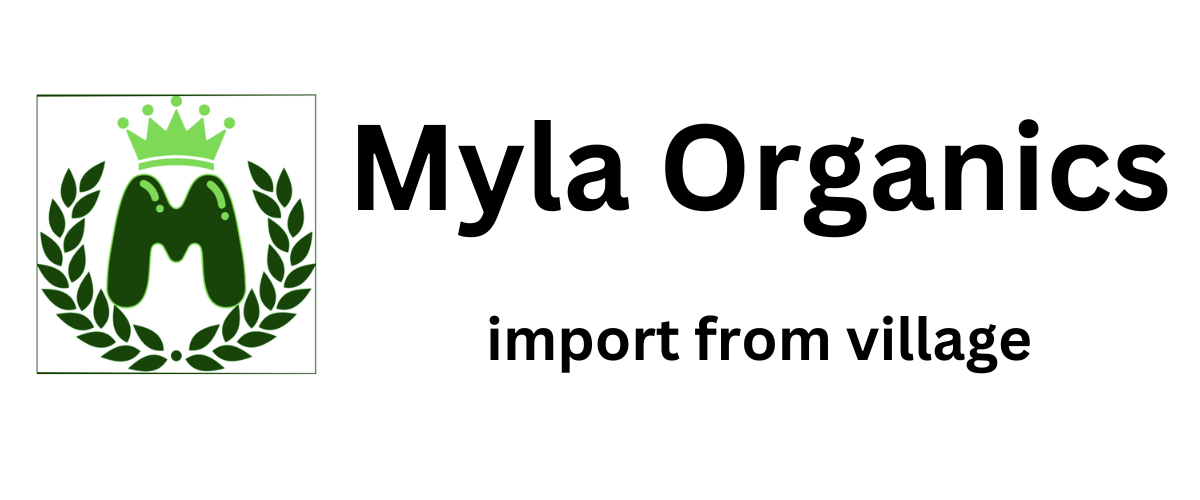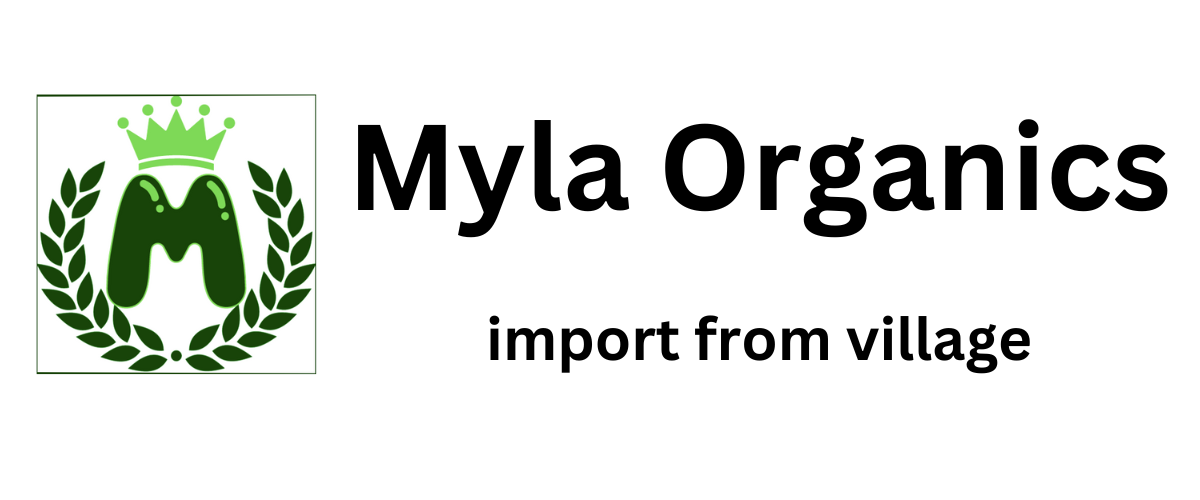All Categories
More Categories
Less Categories
Product Details
Description
➡ Coir fiber is 100% eco friendly product
➡ coir pith cake (TCPC) has been prepared and successfully used for control of plant diseases. The dry product TCPC has a long shelf life
➡ Supply adequate moisture to the plant
➡ Reduce fungal growth in plant 100% natural production
➡ Coconut coir pith is also used as a bedding in litter boxes, animal farms and pet houses to absorb animal waste
Coconut Coir Fiber will use as Bath Scrubber, Dish Scrubber and offer an Eco-Friendly alternative to synthetic Scrubbers. Compostable and biodegradable dish scrubber that is kind to the environment. Made up of natural coconut coir fiber
Additional information
| Weight | 1 kg |
|---|
Be the first to review “Brown coconut Fiber (2 kg)” Cancel reply
Related Products
Recently added our store
Dwarf sampoorna Hybrid coconut plant
Dwarf sampoorna Hybrid coconut plant
₹399.00
Available:
Sold: 1
Hurry Up!
Offer ends in:
Malayan yellow Dwarfcoconut plant (COD)
Malayan yellow Dwarfcoconut plant (COD)
₹349.00
Available:
Sold: 1
Hurry Up!
Offer ends in:
Malayan yellow Dwarfcoconut plant (COD)
Malayan yellow Dwarfcoconut plant (COD)
₹349.00
Indian native coconut plant(Tall)
Indian native coconut plant(Tall)
₹299.00
Available:
Hurry Up!
Offer ends in:
Ganga bondam Dwarf coconut plant
Ganga bondam Dwarf coconut plant
₹399.00
Available:












Reviews
There are no reviews yet.